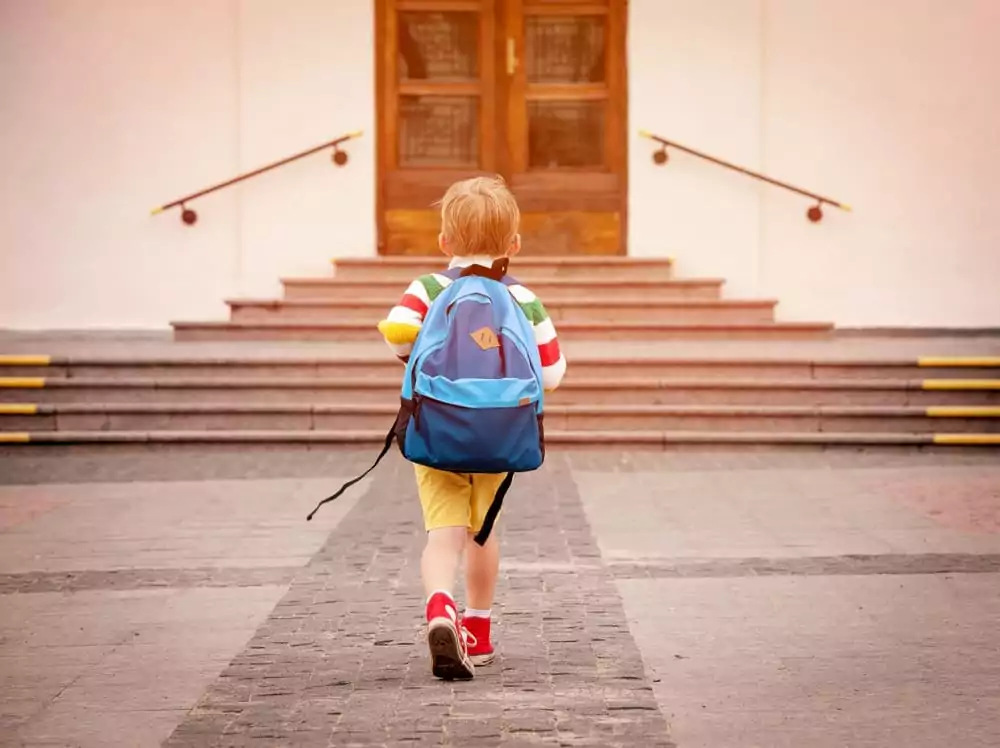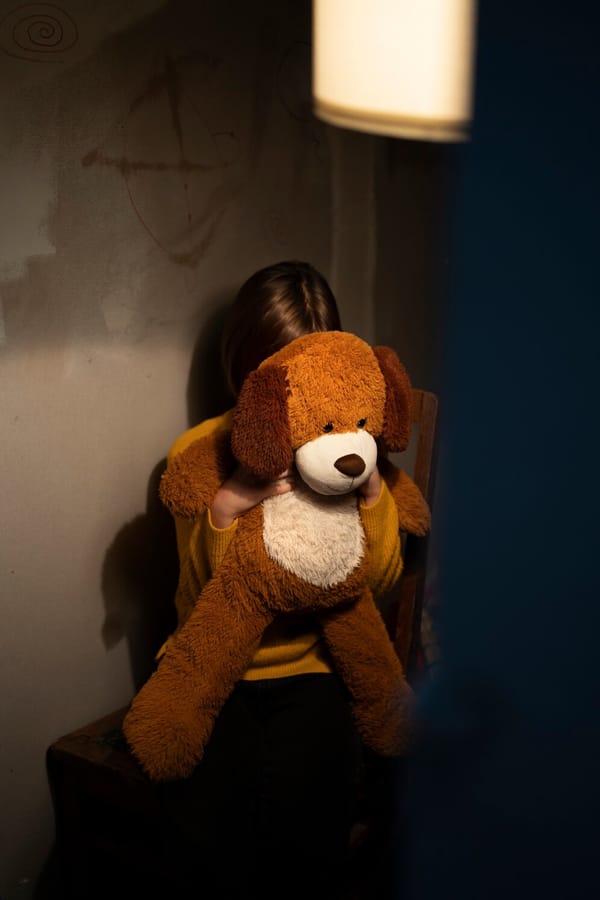How to Prepare Your Child for Their First Day at Daycare

Starting daycare is a big milestone for both parents and children. It’s a time filled with a mix of excitement, nervousness, and anticipation. While your child may be looking forward to new experiences, it’s also common for them to feel anxious about the separation from you and the unfamiliar environment. Fortunately, with a little preparation, you can help ease your child’s transition into daycare, making their first day a positive experience.
Here are some practical tips on how to prepare your child for their first day at daycare, helping them feel more comfortable, confident, and excited about this new chapter.
1. Talk About Daycare in a Positive Way
One of the most effective ways to prepare your child is through open communication. Start talking about daycare before the big day arrives. The earlier you begin to introduce the concept of daycare, the more time your child will have to process and get used to the idea.
- Keep It Positive: Frame daycare as an exciting adventure. Talk about the fun activities they will do, such as playing with new toys, making new friends, and doing arts and crafts. Highlight the exciting aspects of daycare to spark their curiosity.
- Use Simple, Reassuring Language: Depending on your child’s age, explain daycare in simple terms. You might say, “You’re going to a special place where you’ll play with other kids and meet new friends. Mommy/Daddy will be there to pick you up when you’re done.”
- Read Books About Daycare: There are many children’s books about starting daycare that can help your child understand what to expect. Books like The Kissing Hand by Audrey Penn and Llama Llama Misses Mama by Anna Dewdney offer comforting stories that address separation anxiety in a relatable way.
2. Visit the Daycare Beforehand
Familiarizing your child with the daycare setting before their first day can help them feel more comfortable. If possible, arrange a visit to the daycare a few days before they start.
- Tour the Facility Together: During the visit, walk around the daycare, showing your child the play areas, toys, and rooms they will be spending time in. Let them explore and ask questions.
- Meet the Caregivers: Introduce your child to the daycare staff and caregivers. When your child sees you interacting with their new caregivers, they’ll feel reassured knowing that you trust them.
- Stay for a Short While: If the daycare allows, stay for a short period during the visit so your child can gradually get used to being in the space. This will help reduce the unknowns on the first day.
3. Practice Separation
Separation anxiety is normal for toddlers and preschoolers, and it’s a common challenge when starting daycare. To help your child get used to being apart from you, practice short separations in the weeks leading up to daycare.
- Start Small: Begin by leaving your child with a trusted friend or family member for short periods, gradually increasing the time you’re apart. This helps them understand that you always come back.
- Create a Goodbye Routine: Establish a comforting and consistent goodbye ritual that you can use each day when dropping off at daycare. This could include a special handshake, a hug, or a positive phrase like, “I’ll see you later, and you’re going to have so much fun!”
- Stay Calm During Goodbyes: It’s important to keep goodbyes short, sweet, and calm. If your child sees that you’re anxious or hesitant, they may pick up on those emotions. Stay confident and reassuring, even if your child is upset.
4. Pack Comfort Items
Bringing familiar comfort items can provide a sense of security and help ease your child’s anxiety on their first day at daycare.
- Favorite Toy or Blanket: Let your child bring a comfort item, such as a favorite stuffed animal, blanket, or toy. These familiar objects can help them feel more at ease in an unfamiliar environment.
- Label Their Belongings: Make sure to label all of your child’s items, including their clothing, lunch box, and comfort items. This will help them feel more organized and reduce any stress around losing their belongings.
5. Establish a Consistent Morning Routine
On the day of their first daycare experience, try to maintain a calm, consistent morning routine to ease your child’s transition.
- Keep Mornings Low-Stress: On the day of daycare, avoid rushing or packing too many tasks into the morning. A calm, structured routine helps children feel secure and reduces anxiety about the day ahead.
- Get Ready Together: Have your child pick out their clothes or help with other morning tasks. Allowing them to have some control over the morning routine can help them feel more independent and confident.
- Plan a Special Breakfast or Snack: If your child enjoys a particular breakfast or snack, make it part of the morning ritual. A familiar, comforting meal can help your child feel more at ease as they head out the door.
6. Discuss the Pick-Up Plan
Let your child know when and how you’ll be coming back to pick them up from daycare. Knowing what to expect can ease their anxiety.
- Talk About Pick-Up Time: Reassure your child that you’ll be back to pick them up at a certain time, such as “When the big hand on the clock is pointing to 12, I’ll be here to get you!” This can help them understand the passage of time and feel more secure.
- Provide Reassurance: Reassure your child that daycare is a temporary part of the day, and they will be reunited with you at the end of it. It helps to remind them that their caregivers will take great care of them until you return.
7. Be Patient and Flexible
Every child adjusts to daycare in their own time. Some children will transition smoothly, while others may take a little longer to settle in. It’s important to remain patient and give your child time to adjust.
- Expect Some Tears: It’s normal for children to cry when first starting daycare, especially if they have separation anxiety. Most children settle down once the day gets underway, and the tears usually subside after a few days.
- Talk to the Caregivers: If your child is particularly upset or having trouble adjusting, don’t hesitate to communicate with the daycare staff. They are trained to help children through transitions and can provide advice or strategies to support your child’s adjustment.
8. Celebrate the First Day
Once your child has completed their first day, make it a point to celebrate the accomplishment. It’s a big milestone for them, and acknowledging it can help build their confidence.
- Ask About Their Day: When you pick them up, ask about what they did during the day. Focus on the positive aspects, such as making a new friend or enjoying a fun activity. This reinforces the idea that daycare is a fun and safe place to be.
- Give Lots of Praise: Let your child know how proud you are of them for being brave and trying something new. Positive reinforcement helps your child feel confident and secure in their new routine.
Conclusion
The first day of daycare can be an emotional experience for both you and your child, but with proper preparation, the transition can go smoothly. By talking about daycare in a positive way, visiting the daycare in advance, practicing separations, and creating a consistent routine, you can help your child feel secure and excited about this new chapter. Remember that it’s normal for your child to need time to adjust, and with patience, love, and reassurance, they will soon feel comfortable in their new daycare environment.




